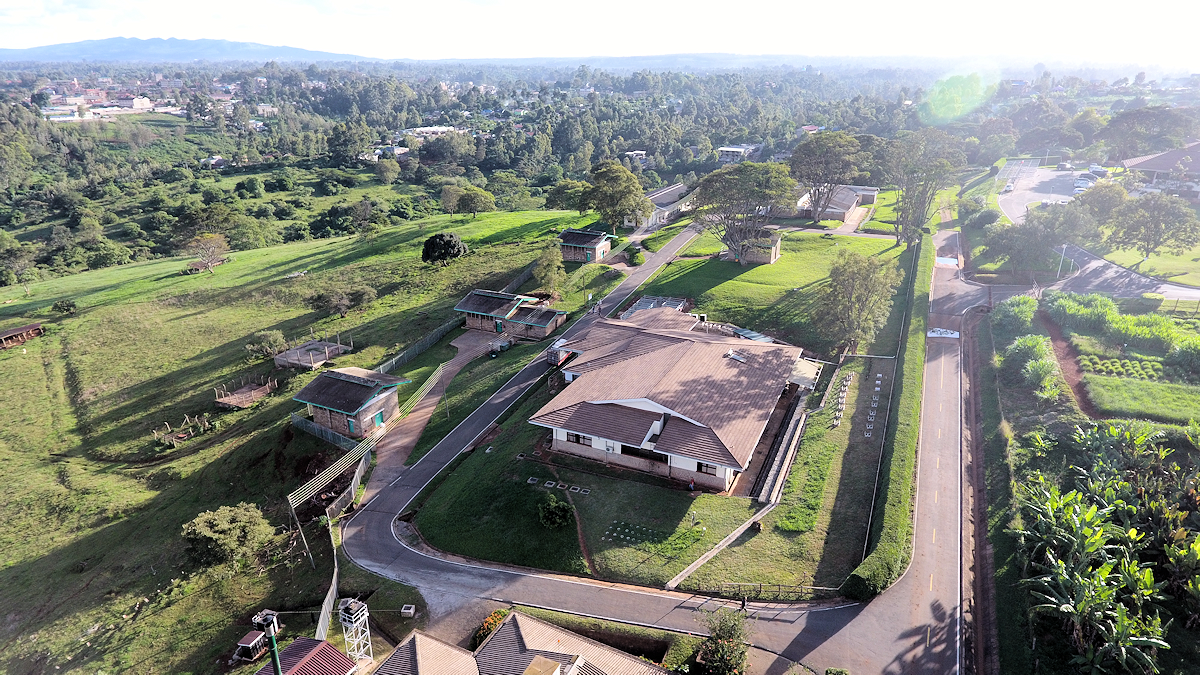Work Package 2: Developing a common research agenda to promote food and nutrition security from mixed crop-livestock systems in Africa
ILRI & TI-AK with SASSCAL
In this work package, we propose to assess the current status of research on climate smart food and nutrition security from livestock systems in Africa to identify knowledge gaps and priorities for action. In a first step we will merge, stratify and analyse existing knowledge (e.g. collected at research-hubs across Africa) with site-specific information. As information richness is highest for East Africa we will start with this sub-region before extending the survey to Africa. Thereby the specific aim of this WP is to map the current agricultural productions systems by region and network this information with livelihood and environmental performance parameters such as food security, income, and environmental footprint of livestock production and information on predicted climate change. We will summarize and analyse this knowledge and develop a GIS based tool kit to identify crop and livestock systems that are most suitable for intensification while being capable of climate change mitigation and adaptation. This will also involve a review of how climate smart current production practices are. We will specifically analyse the availability and perspectives of recent technological advances to improve the understanding of sources of agricultural GHG emissions in sub-Saharan Africa (SSA) in combination with advanced approaches to assess livestock productivity. Thereby we expect to derive reliable results of the climate footprint of common livestock production systems in SSA. We will also identify the primary climate change adaptation needs for livestock production systems. Main user categories are: farmers, decision makers, NGOs, researchers. Contacts with some of them are already in place, through the networks of project partners and other links. Otherwise networking activities will promote further involvement, particularly beyond Eastern Africa via the other WP leaders.
Besides an overall synthesis of the relevant production systems in Eastern Africa we aim at identifying hotspots of GHG emissions in livestock production systems. With such an approach, specific mitigation and adaptation techniques to reduce the environmental footprint of livestock productions systems can be achieved in system and locations where most promising. To promote an active engagement and obtain the required feedbacks, ad hoc regional events (workshops, working groups, etc.) and activities (surveys, questionnaires, etc.) will be organized together with WP1 addressing users, stakeholders and other relevant actors to exploit the outcomes of previous and ongoing experiences. Furthermore, a training school will be organized jointly with University of Nairobi (UoN) to train young researcher on currently established techniques to estimate the environmental footprint of agricultural products including GHG emissions.
